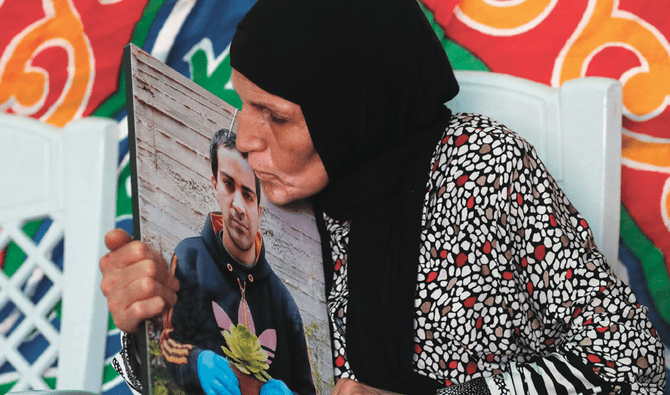During the last six months, a rising body of literature has been written on the impact of the Covid-19 lockdowns on the mental wellbeing of people worldwide. Studies show that the impacts encompass insomnia, anxiety, and other depressive symptoms (Gualano et al, 2020; Torales et al,
2020; Elmer et al, 2020). These symptoms have been harder on children and adults with neurodevelopmental disorders, especially Autism Spectrum Disorder (ASD).
ASD is a lifelong neurodevelopmental disorder that affects a person’s methods of communication with others, according to the National Autistic Society. Many children and adults with ASD need social and educational interventions, especially because almost 70% of autistic people are comorbid, which means that they have concurrent medical or other developmental conditions.
Due to the fact that a considerable number of individuals with ASD need constant support, the isolation, social distancing and other lockdown measures must have had a drastic effect on people with ASD and their families. School closures, routine disruptions and travel restrictions
which prevented many autistic children and adults from reuniting with their families spiked fear, anxiety and feelings of uncertainty among autistic people.
While many educators and special education needs’ specialists have been looking to help autistic people thrive through the pandemic in many parts of the world, surviving is a mere dream among those individuals in other countries such as Palestine. In May 2020, Iyad Hallak, a 32-year-old autistic man was shot by an Israeli soldier on his way to his SEND school in Old
Jerusalem because he did not respond when asked to do so. Ten bullets were shot at Iyad, who was unarmed and helpless.
This horrible incident should have caused rage from activists, governments and journalists worldwide. Unfortunately, the case of Hallak has not received sufficient attention. This neglect reveals the double standards of humanitarian activists who are selective in the battles they fight and the cases they advocate for.
This is a call to special education needs activists and educators to get involved in and advocate for the rights of individuals with SEND in Palestine, where people have been suffering and deprived of their basic human rights since 1948.
Header image: arabnews.com

